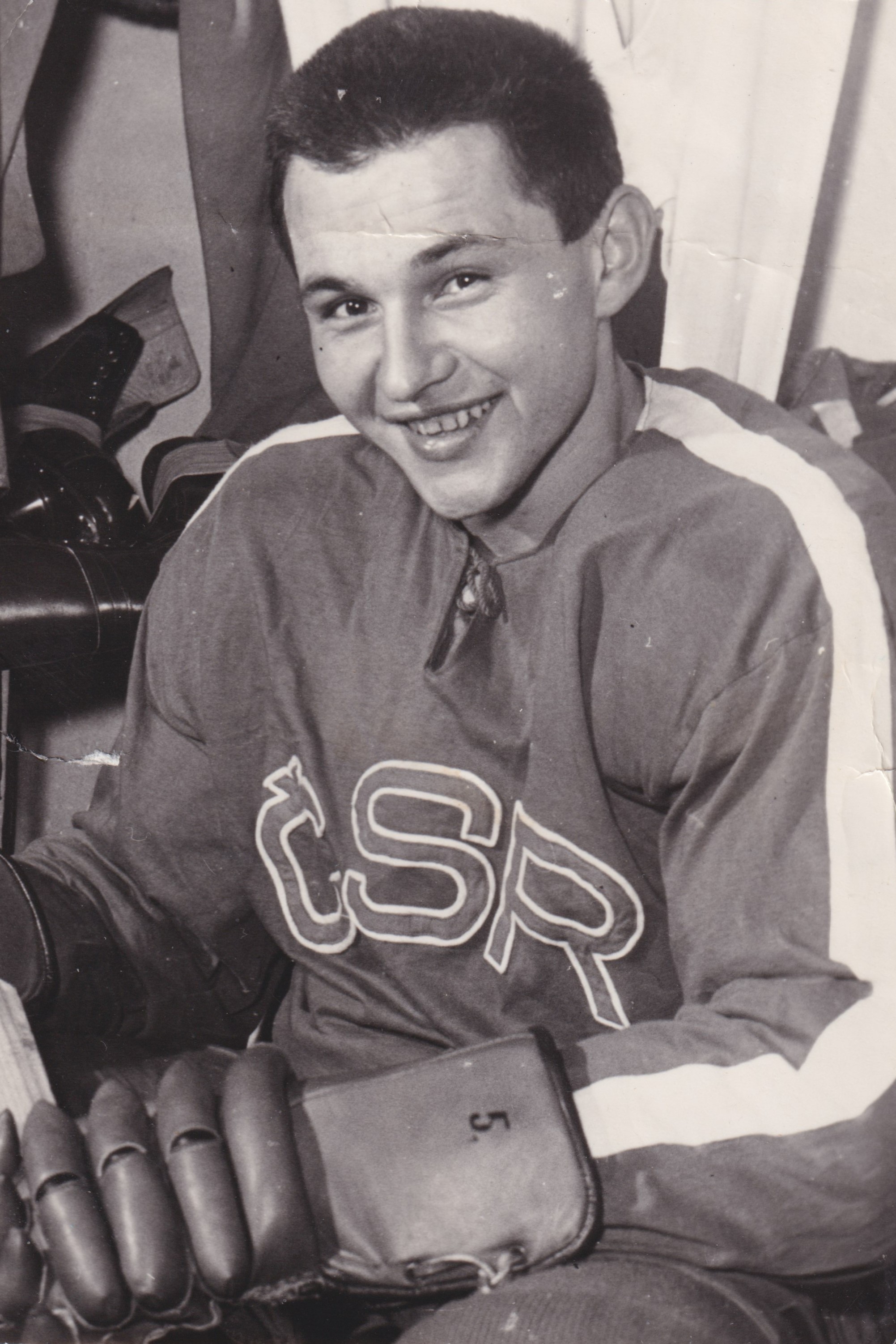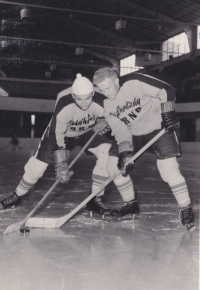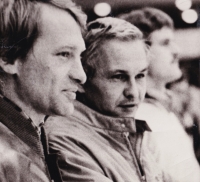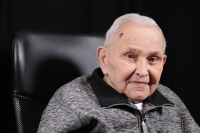Only three defenders held out against Canada. He almost gave his all for the bronze

Download image
Rudolf Potsch was born on 15 June 1937 in Brno-Královo Pole. Dad Rudolf worked as a railwayman, mother Vlastislava took care of the household. Rudolf Potsch was an only child. He and his mother spent the end of the war hidden in the woods near Blansko. In 1948 he went with his mother to Prague to attend the funeral of President Edvard Beneš. He started playing hockey at the ice rink near Lužánky, which was completed in 1948. He played for the Workers’ Reserve team and trained as a turner. In the youth he was led by coach Antonín Haukvic. He played defence and in 1956 he enlisted from Královo Pole to join Red Star Brno, known as Kometa. He won the national championship nine times. He scored 133 goals in 354 games for the Kometa, the most of any defenders who ever played for Brno. After a facial injury, he retired from the national team in 1966. At the turn of the 1960s and 1970s, he spent three years in the West German top flight. He won two championships with Düsseldorf. He received offers to emigrate but never considered it. With the Czechoslovak national team he participated in seven World Championships and two Olympic Games. In 1961, he won the title of European champion and vice-world champion at the championships in Switzerland. He also won world silver in Finland 1965 and Slovenia 1966. At the Olympics in Innsbruck, Austria, he finished third with the national team, and won bronze medals at the World Championships in Prague 1959 and Stockholm 1963. After his playing career, he coached Ingstav Brno, with whom he was promoted to the first league, Zetor Brno, Olomouc and the Slovak Dukla Trenčín, where he won the championship title. In 1959 he married for the first time and in 1961 his son was born. He later divorced and raised another son with his second wife. In 2024 he lived with his wife Gabriela in Brno.































